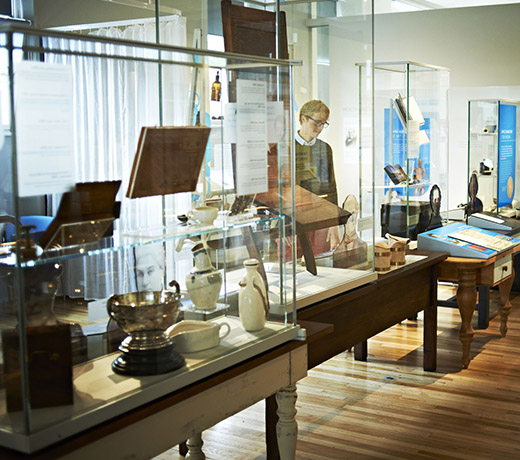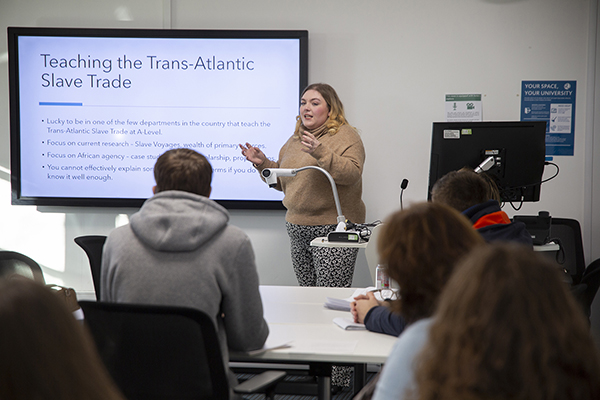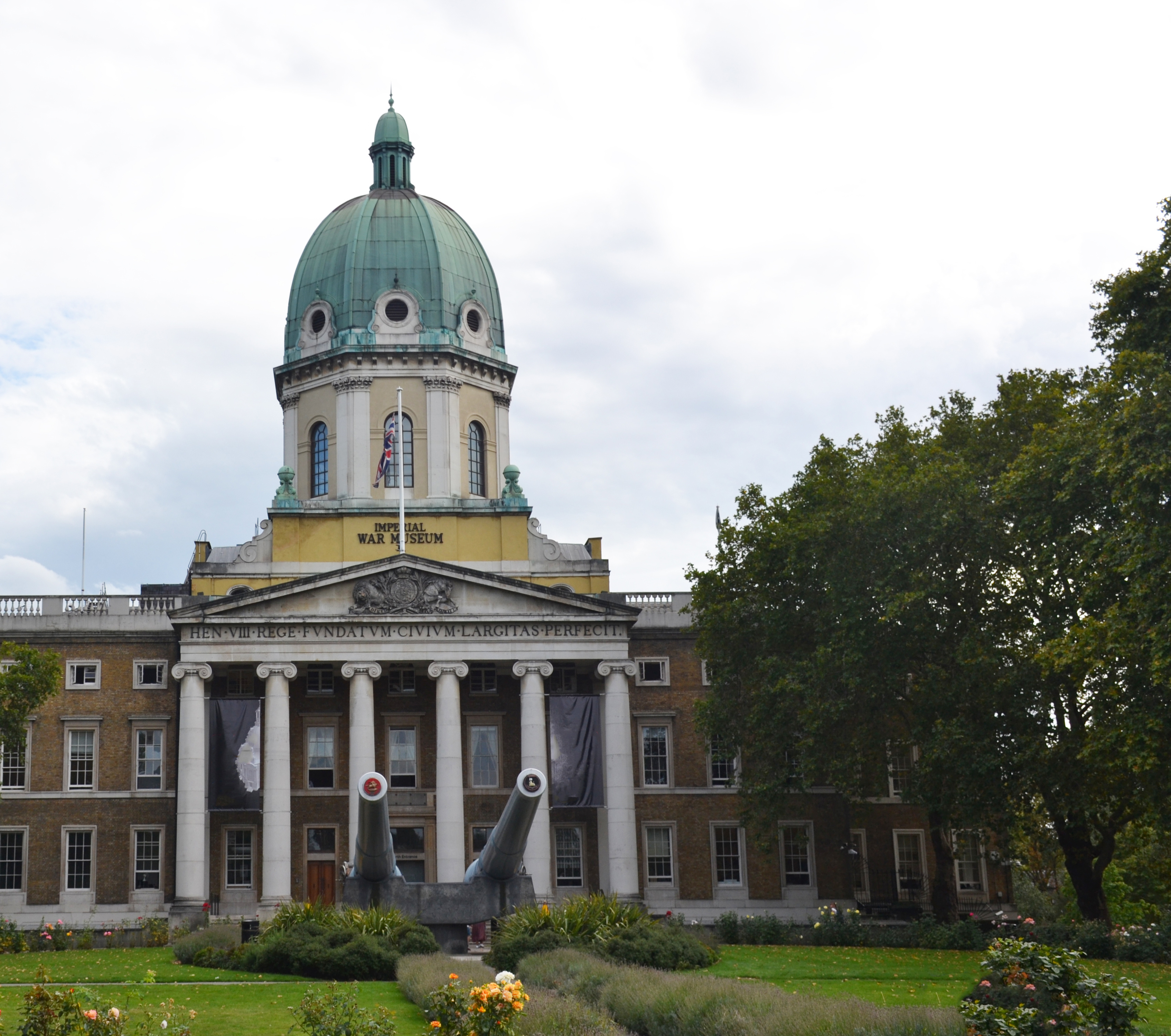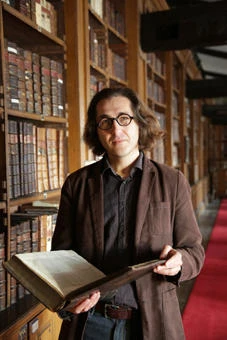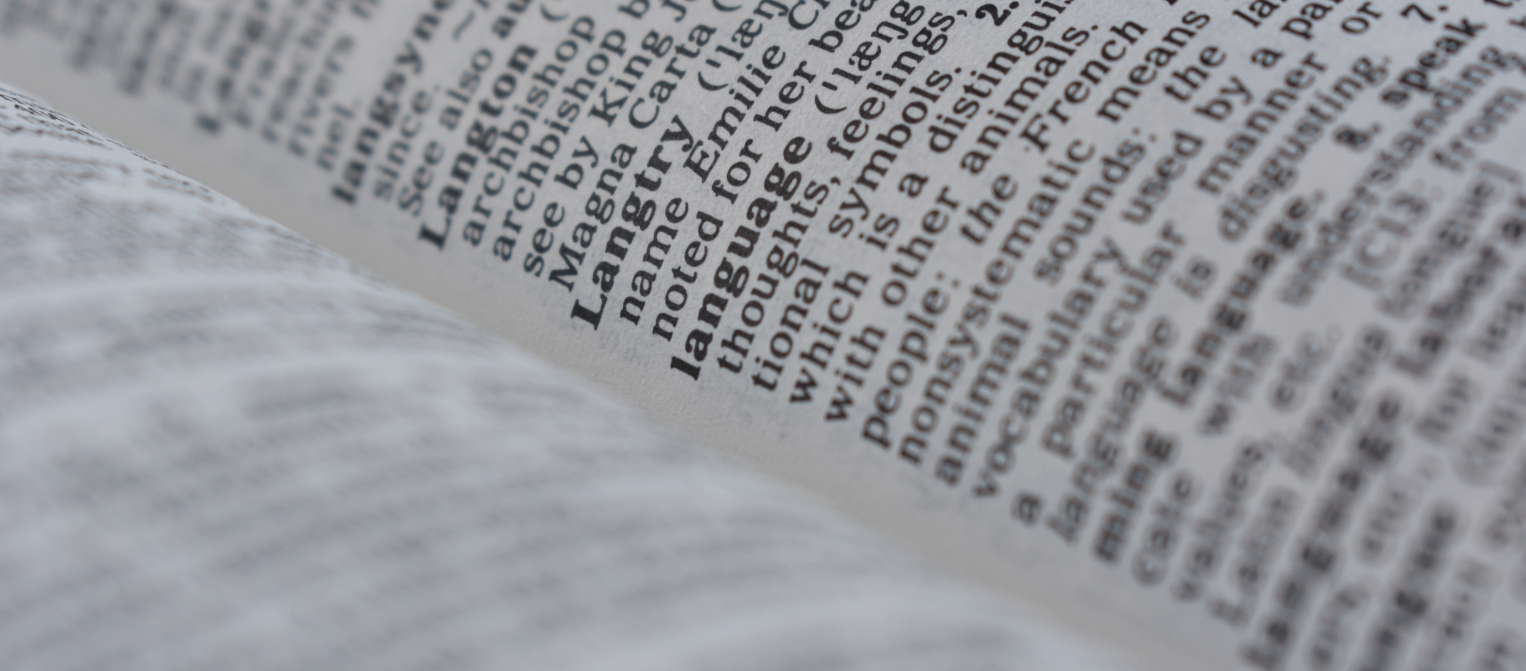You’ll benefit from the resources of an ancient Cathedral city that’s steeped in history. At Worcester, you’ll get the chance to work with local museums, galleries and the Worcestershire Archive and Archaeology Service, which is based in the University library.
of graduates go on to work or further study after 15 months
Clearing 2025
Apply now to start this September. Find out how to secure your place and take advantage of our accommodation guarantee on our Clearing webpages or by calling 01905 855111.
Overview
Study for a history degree at Worcester and you can learn history as it's being written. Your lecturers will be the authors of some of the books you're using – and you'll even get the chance to contribute to their research.
You’ll benefit from a range of modules that address contemporary themes. From gender and sexuality in the early modern period through to the 1970s, to the significance of race and ethnicity to imperialism, slavery, genocide, national identity and racism. You’ll learn about the global south through the histories of Africa, South Asia, and East Asia, and develop your understanding of poverty and social justice in modules on British, European and world history. You’ll deepen your knowledge of war and conflict as well as the peace settlements and anti-war movements that these produced.
And, as well as benefiting from the latest thinking, you can learn through a work placement – perhaps in archives, museums, local community groups, schools, or a National Trust property. So you understand the relevance of history to our culture and working life.
Throughout your history degree, you'll learn in small, informal groups. You'll get a lot of individual support in a very friendly atmosphere.
Work experience
During your time at Worcester you’ll have the opportunity to take part in subject-related work experience and volunteering activities. In your second year you can choose to take a work experience module, and volunteering opportunities with local and regional historical organisations are regularly publicised to all history students.
Witchcraft and the Devil
Course content
A history degree shows you how history shapes and reshapes our world every day. At Worcester, you can shape your History BA to suit you with a wide range of optional modules to choose from in your second and third years.
We regularly review our courses to reflect the latest research and developments in the subject area, as well as feedback from students, employers and the wider sector. As a result, modules may change to ensure the course remains current and relevant.
Optional modules will run if enough students choose to study them. It is not guaranteed that all modules will be offered every year.
Optional modules
Careers
A history degree is a great way to prepare for your future. You’ll learn how to do in-depth research, analyse complex evidence and communicate clear arguments – valuable skills that can be applied to lots of different careers.
This history degree could be the first step toward your career as a:
- Journalist
- Heritage manager
- Media researcher
- Teacher
- Museum curator
- Archivist
- Librarian
- Historian
- Academic researcher
- Marketing manager
- HR officer
- Civil servant
- Lawyer
- Local Government officer
These are just some of the varied jobs history graduates go into.
If you do choose to become a teacher you can train to teach with a one-year Primary or Secondary PGCE at Worcester.
Course highlights
Teaching and assessment
Teaching will be delivered through a combination of guided lectures, independent study and one-to-one tutoring sessions.
Our course has been designed to prepare you for your future career, so evaluation is not all about exams. You’ll also be assessed through fieldwork reports, document analyses, article and film reviews, oral presentations, and blogs.
Teaching and assessment contents
Students will be taught by a teaching team whose expertise and knowledge are closely matched to the content of the modules on the course.
Teaching is informed by research and consultancy. All lecturers on the course have PhDs and a higher education teaching qualification or are Fellows of the Higher Education Academy.
Meet the team
A small selection of the Humanities lecturers who teach on this course.
Entry requirements
UCAS tariff points required: 112
| Qualification | Grade |
|---|---|
| A-level | BBC |
| BTEC National Extended Diploma | DMM |
| T-level | Merit |
We do accept Access to HE Diplomas and other qualifications which may not exactly match the combinations above. Work out your estimated points with the UCAS tariff calculator.
Any questions?
If you have any questions about entry requirements, please call our Admissions Office on 01905 855111 or email admissions@worc.ac.uk.
Fees
Fees contents
UK and EU students
The Government has announced that it will increase tuition fees and maintenance loans by 3.1% from the 2025/26 academic cycle. Subject to approval, the University intends to increase our tuition fees in line with this and as per our terms and conditions. This means that from September 2025 the standard fee for full-time home and EU undergraduate students on BA/BSc/LLB degrees and FdA/FdSc degrees will be £9,535 per year for new and continuing students.
For more details on course fees, please visit our course fees page.
International students
The standard tuition fee for full-time international students enrolling on BA/BSc/LLB degrees and FdA/FdSc degrees in the 2025/26 academic year is £16,700 per year.
For more details on course fees, please visit our course fees page.
How to apply
How to apply contents
Applying through UCAS
UCAS is the central organisation through which applications are processed for full-time undergraduate courses in the UK.
Read our how to apply pages for more information on the application process, or if you’d like to apply for part-time study.
History BA (Hons) - V100
Contact
If you have any questions, please get in touch. We're here to help you every step of the way.
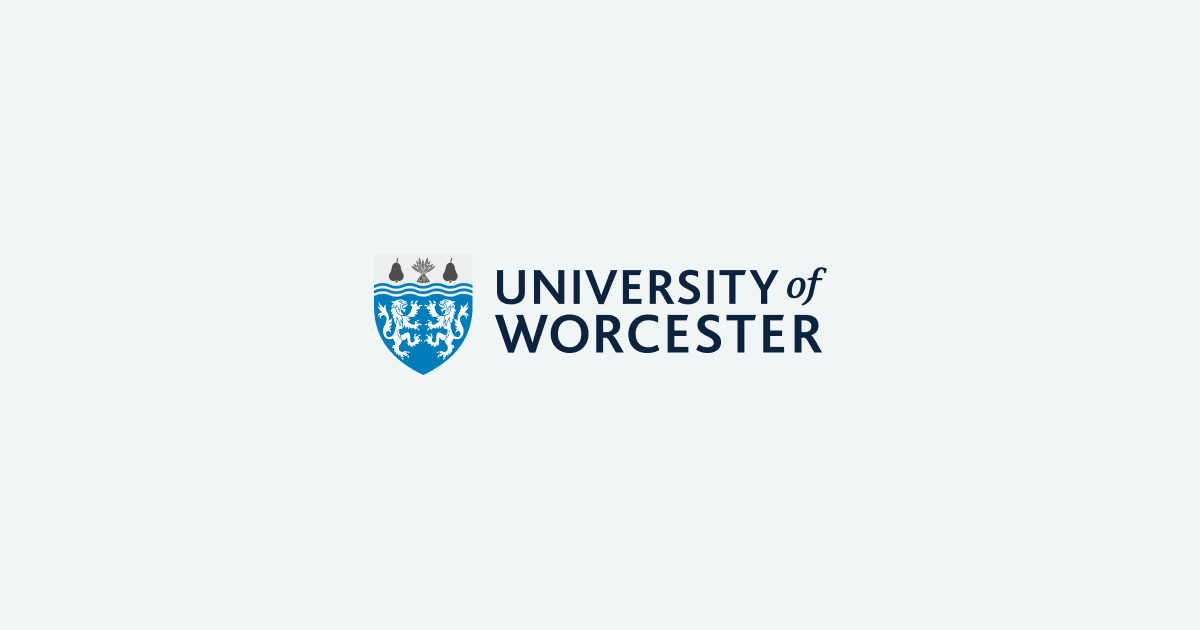
Admissions Office
admissions@worc.ac.uk01905 855111More to explore
Open Days
Visiting us is the best way to get a feel for student life at the University of Worcester.

The City of Worcester
Worcester is a welcoming university city with great transport links and plenty of student parking.

Accommodation
Benefit from our accommodation guarantee. We have rooms on campus to suit every budget including en-suite options.



